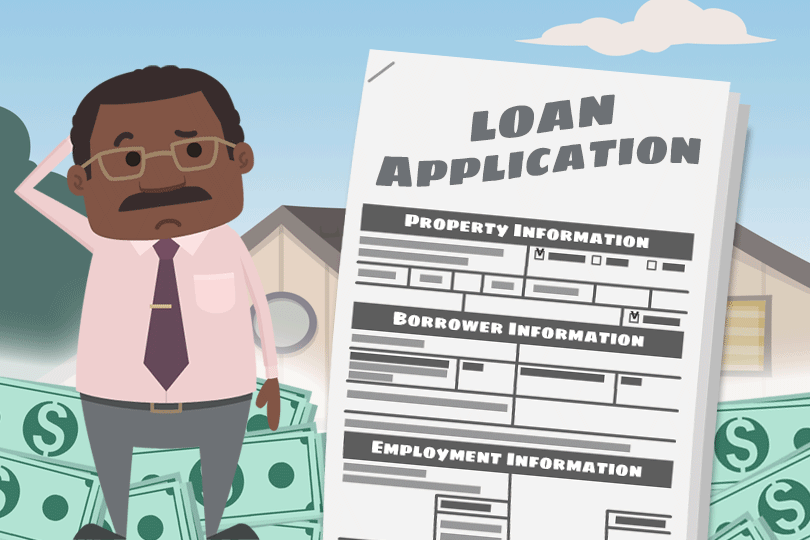FHA Loans for Older Homes

It's an interesting question--does the FHA have any regulations that specify a home's age as a factor when it's time for the lender to approve or deny the loan? Look in the FHA loan rules and you will not find any reference that states "a home built before (insert decade here) is ineligible for an FHA guaranteed loan."
What the FHA does specify are the guidelines that must be followed related to the condition of the property rather than its specific age. The home must meet FHA "minimum property standards" as well as federal, state, and local building code that may apply.
Again, search through the FHA loan rules as described in HUD 4155.1 and you will not find any specific rule, regulation or standard that says how old the property can or must be. Is the home safe? Habitable? Does the age of the home affect the resale value?
That last detail is an important factor to keep in mind. FHA loan rules are concerned with the property's "remaining economic life". A lender may deny a loan application for the purchase of a property with an FHA guaranteed mortgage if the property has little economic life remaining. After all, the borrower should be able to sell the property at a reasonable rate as determined by current market conditions at any point during the lifetime of the FHA loan.
Remaining economic life issues can be circumstantial and standards may vary greatly from market to market. Regardless, it's important to know that an older home is not necessarily without value in the eyes of the FHA or the housing market--and that market does play a part in how the home's value is determined. It is not safe to assume that older property you've had your eye on isn't a good investment for a home loan, but it's best to approach older homes knowing there are age-related issues that may need addressing as a condition of loan approval.
------------------------------
Learn About the Path to Homeownership
Take the guesswork out of buying and owning a home. Once you know where you want to go, we'll get you there in 9 steps.
Step 1: How Much Can You Afford?
Step 2: Know Your Homebuyer Rights
Step 3: Basic Mortgage Terminology
Step 4: Shopping for a Mortgage
Step 5: Shopping for Your Home
Step 6: Making an Offer to the Seller
Step 7: Getting a Home Inspection
Step 8: Homeowner's Insurance
Step 9: What to Expect at Closing

Do you know what's on your credit report?
Learn what your score means.







